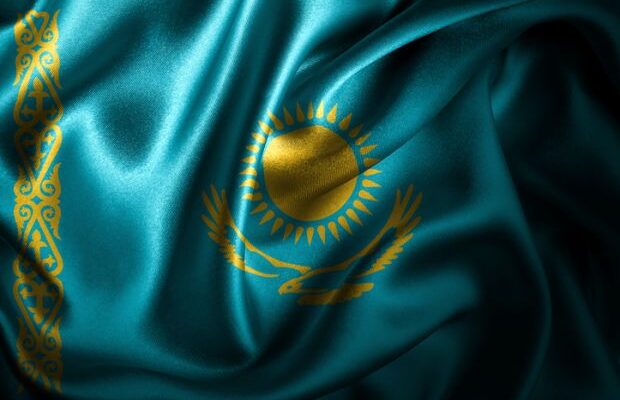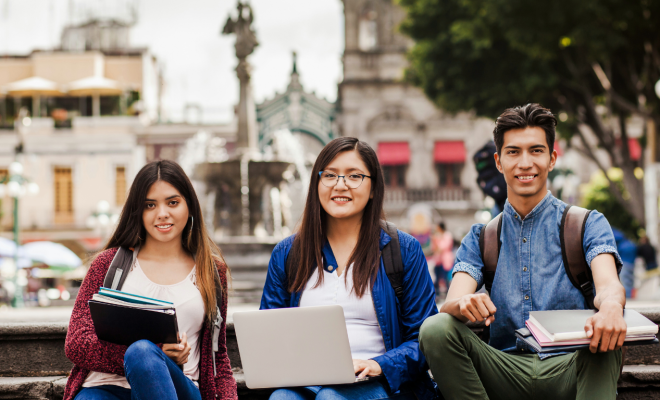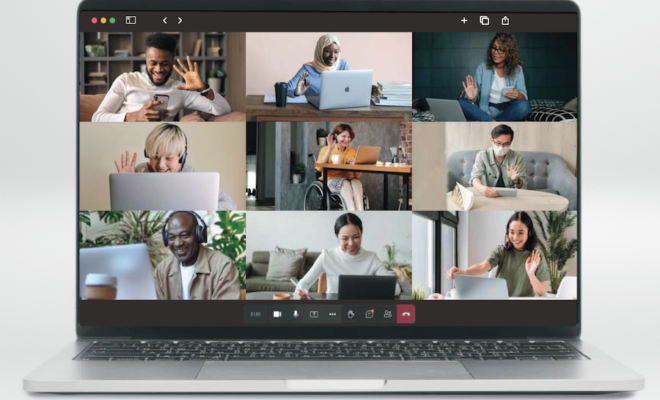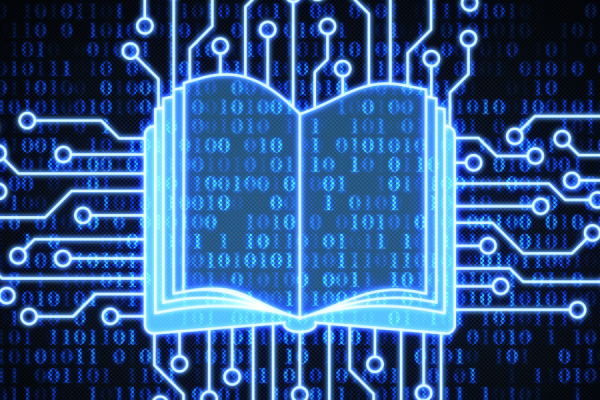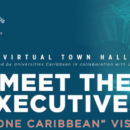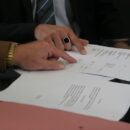Virtual student mobility for a post-pandemic world
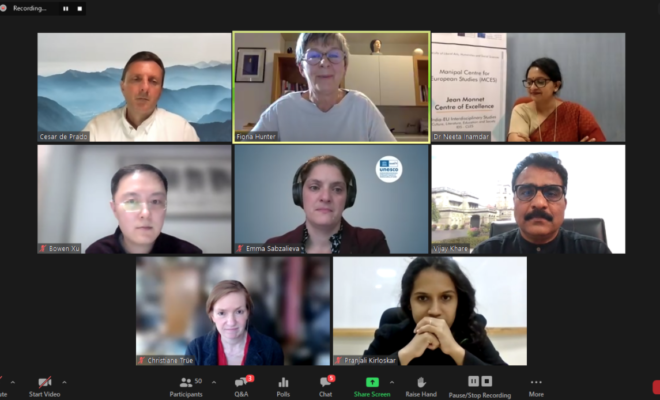
By Emma Sabzalieva | UNESCO IESALC’s research and analysis on virtual student mobility (VSM) aims to better understand the potential of VSM. During the pandemic, 60% of higher education institutions (HEIs) reported increased application of virtual forms of mobility as alternatives to physical student mobility. This is a dramatic shift from the pre-pandemic emphasis on educational travel that marked most people’s understandings of what student mobility meant.
Although not without challenges and constraints, VSM has excellent potential to increase access to student mobility opportunities, reduce the cost of obtaining an international experience and enhance the quality of higher education. UNESCO IESALC has defined VSM as “a form of mobility that uses information and communication technologies to facilitate cross-border and/or inter-institutional academic, cultural, and experiential exchanges and collaboration.”
To help spread awareness about VSM, UNESCO IESALC has created short videos and a graphic poster in English, French and Spanish. The Institute has also been gathering case studies of VSM in practice through case studies of higher education institution partnerships and alliances around the world. In addition to partnering with faculty and International Office staff, the institutional case studies have also engaged students through a survey on their VSM experiences.
At the international conference Reimagining Border in Cross-Border Education, hosted in online format by the Manipal Academy of Higher Education in India in October 2021, VSM team lead Dr Emma Sabzalieva was able to share some of the initial findings from the case studies with a large and highly engaged international audience.
As explained by conference organizer Professor Neeta Inamdar:
“The conference was aimed at interrogating how knowledge is perceived and produced, and the ways in which it flows and transmutes across borders. The papers presented from varied perspectives provided a diagnosis of imbalances that exist in the flow of knowledge and the mobility of scholars across different borders – epistemic, systemic, cultural, and political. The various discussions by leading and emerging scholars of higher education called for a reassessment of cross-border education with its stakes raised higher than ever due to the pandemic. By focussing on cross-border education, this conference, ultimately, wanted to encourage discussions on the broader idea of politics of knowledge.” – Professor Neeta Inamdar, Jean Monnet Chair, Head of the Manipal Centre for European Studies, Manipal Academy of Higher Education, India.
UNESCO IESALC’s presentation highlighted some of the key enablers and challenges for VSM based on real-life institutional practices. This was also an opportunity to bring forward students’ experiences of VSM. The student survey showed that 3 out of 4 students were not familiar with VSM prior to taking a virtual mobility course or experience, and almost the same proportion said they would do it again if they had the chance.
More than half of students were satisfied or very satisfied with their VSM experience. The survey results suggest that VSM can expand access to cross-cultural experiences for students who are carers, part-time, and/or are working during their studies. It does so by offering students more flexibility in planning their workload, greater convenience to stay at home, and reducing the cost compared to travelling abroad.
The full results of UNESCO IESALC’s latest research on VSM will be published in the coming months. Subscribe to our newsletter to stay informed.
Image: Emma Sabzalieva (centre of image) during the final plenary discussion at the Reimagining Border in Cross-Border Education conference.
RELATED ITEMS
